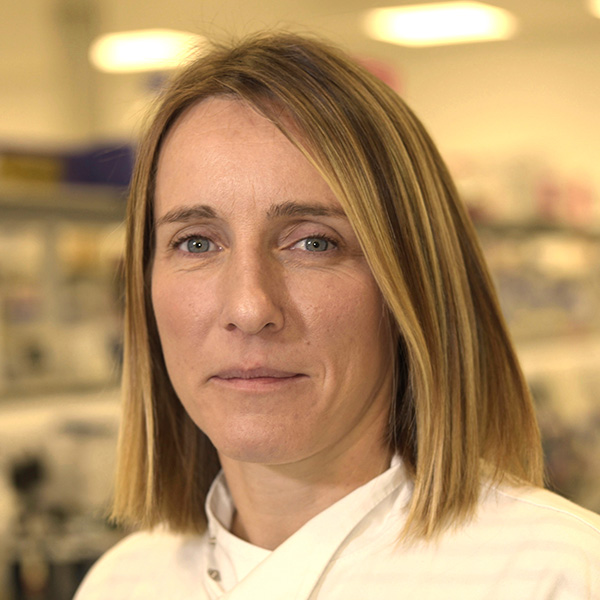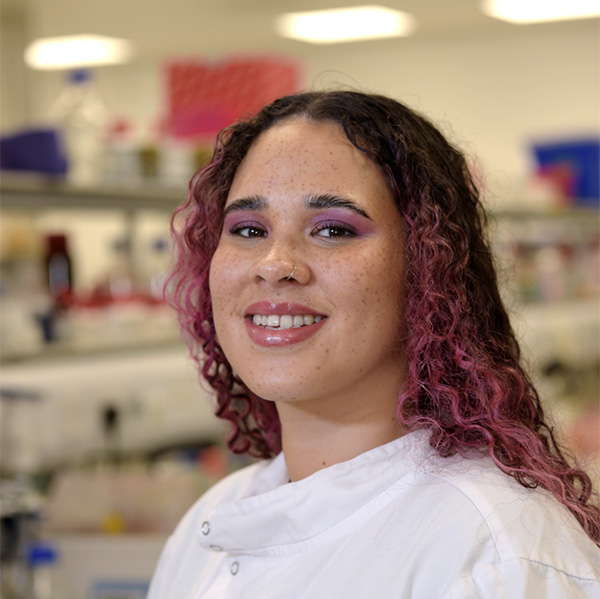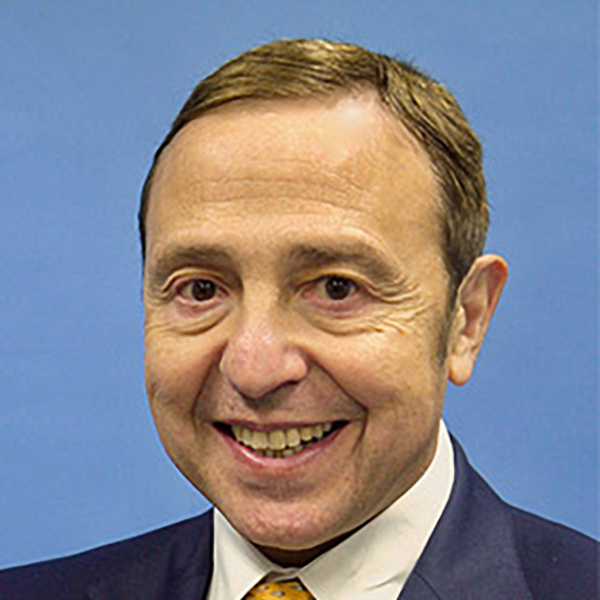Liverpool Research Eye Biobank
The Liverpool Research Eye Biobank (LREB) is a tissue collection and storage resource, based in the University of Liverpool. We provide eye and vision science researchers with the material they need to advance clinical and scientific understanding with the goal of improving treatment for disease.
At the Liverpool Research Eye Biobank (LREB) we work to collect eye tissue, blood and other biological samples from both living donors and donors who have died and are unable to donate their corneas for transplantation. We store and distribute these samples to ground-breaking research projects investigating sight-threatening disease and the development of new treatments.
Every year we collect from approximately 500 donors and have supplied research projects tackling some of the major causes of sight loss in the UK including age-related macular degeneration, glaucoma, diabetic retinopathy and corneal disorders.
Interested in becoming a donor?
You can become a living donor by donating tissues during eye surgery at the Royal Liverpool and Aintree University Hospitals. Contact us if you would like more information or ask your clinical team about donation.
You can also decide to become a donor after your death. It’s important that you let your loved ones know about your wishes to be an eye donor as we ask the next of kin for consent to donate after you die. Contact us to find out more about how to become a donor.
For researchers
We collect and store tissues and other biological samples from patients and cadaveric donors with eye disease as well as ‘healthy’ controls.
Please contact us for more information on the samples we have available for your research projects.
Researchers can contact us here
FAQs about becoming a living donor
Can anyone donate eye tissue during surgery?
Anyone undergoing eye surgery at the Royal Liverpool and Aintree University Hospitals can donate their eye tissue for research. Speak to your clinical team or get in contact with LREB for more information.
Is there an age limit for eye tissue donation?
There are no age restrictions for eye tissue donation for research.
What type of samples can I donate?
You can choose what tissues to donate including tissue that is removed during your operation and is not required for diagnosis, blood, and other biological fluids such as saliva and tears.
What if I change my mind?
Donation is completely voluntary. You can change your mind at any time. If you change your mind and decide not to donate it will not impact your medical care.
FAQs about becoming an eye donor after death
Can anyone donate their eyes for research?
Anyone can donate their eye tissue for research, even people who have had previous eye disease or treatment.
Is there an age limit for eye donation?
There are no age restrictions for eye donation for research.
Where will the donation take place?
The donation will occur at the hospital.
Will donating delay the funeral?
No. Donating will not delay any funeral arrangements.
Will eye donation affect the appearance of the donor?
No. The trained LREB staff will reconstruct the eye area with a prosthetic and great care is taken to preserve the appearance of the donor.
Do I need to tell anyone that I wish to be a donor?
Yes, it’s very important that you let your loved ones know you would like to be a donor. After your death, your next of kin will be asked to consent to donation so it is important that your family are aware of and respect your wishes.




